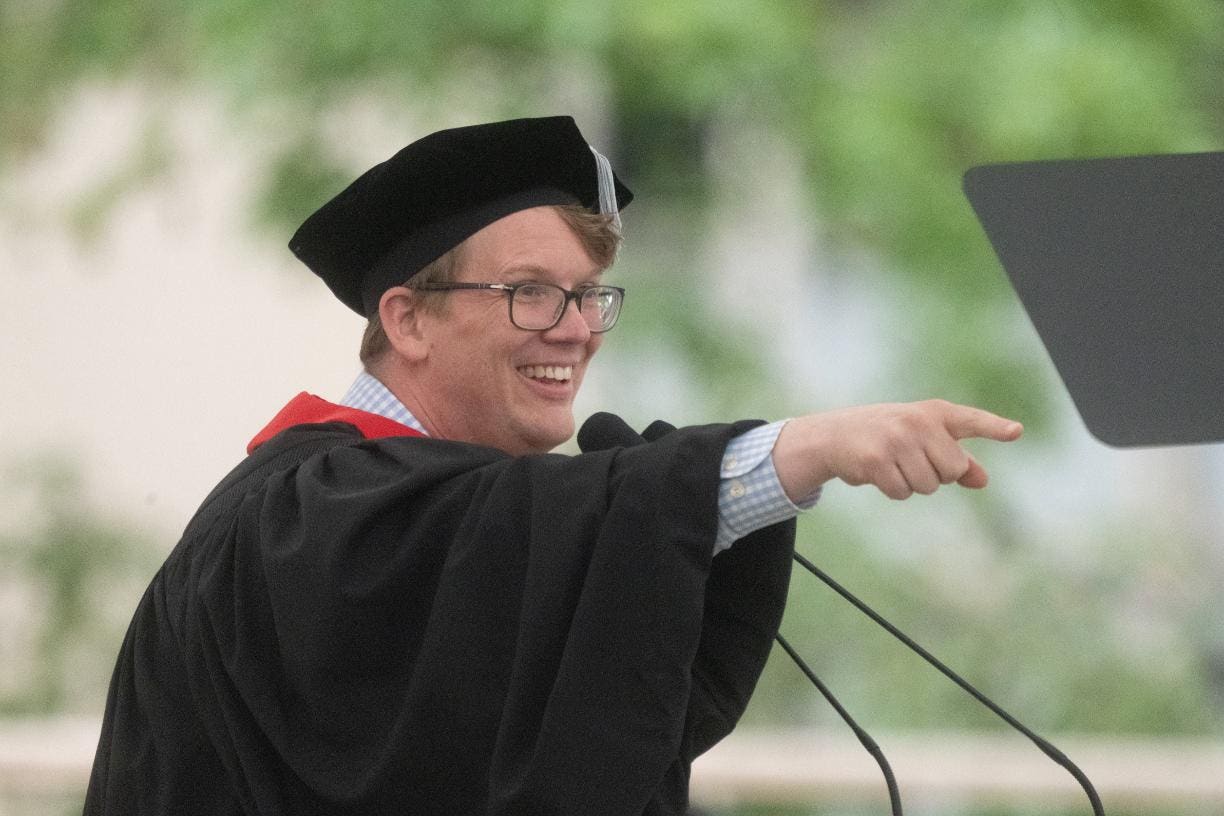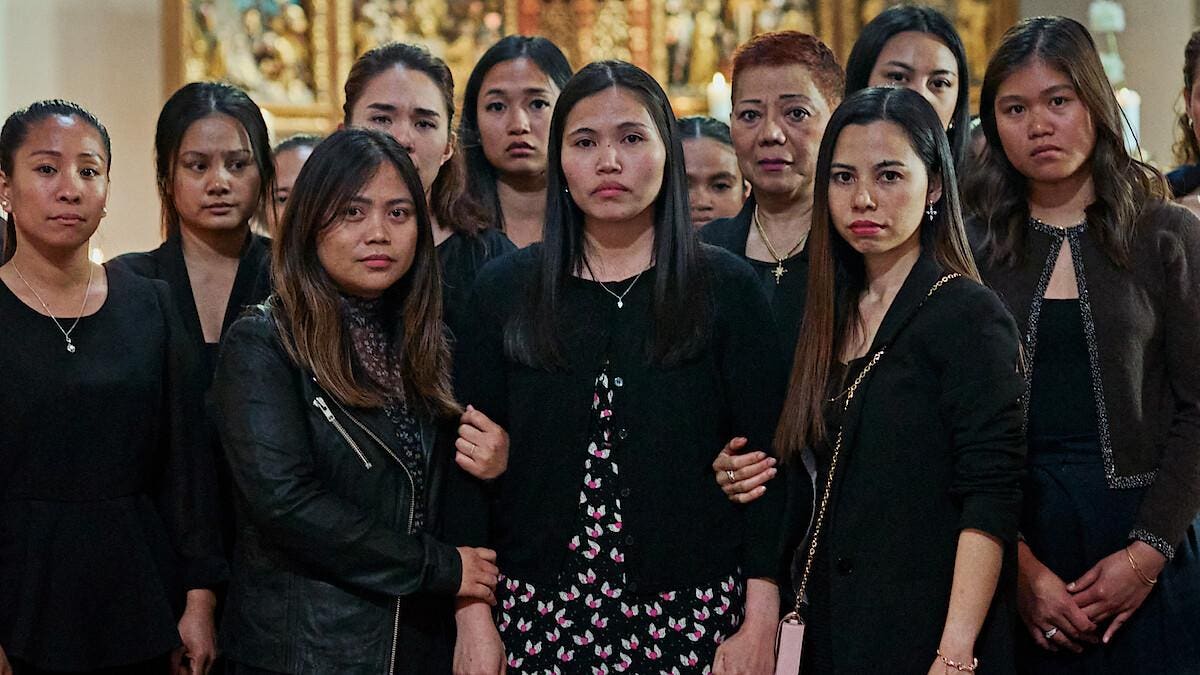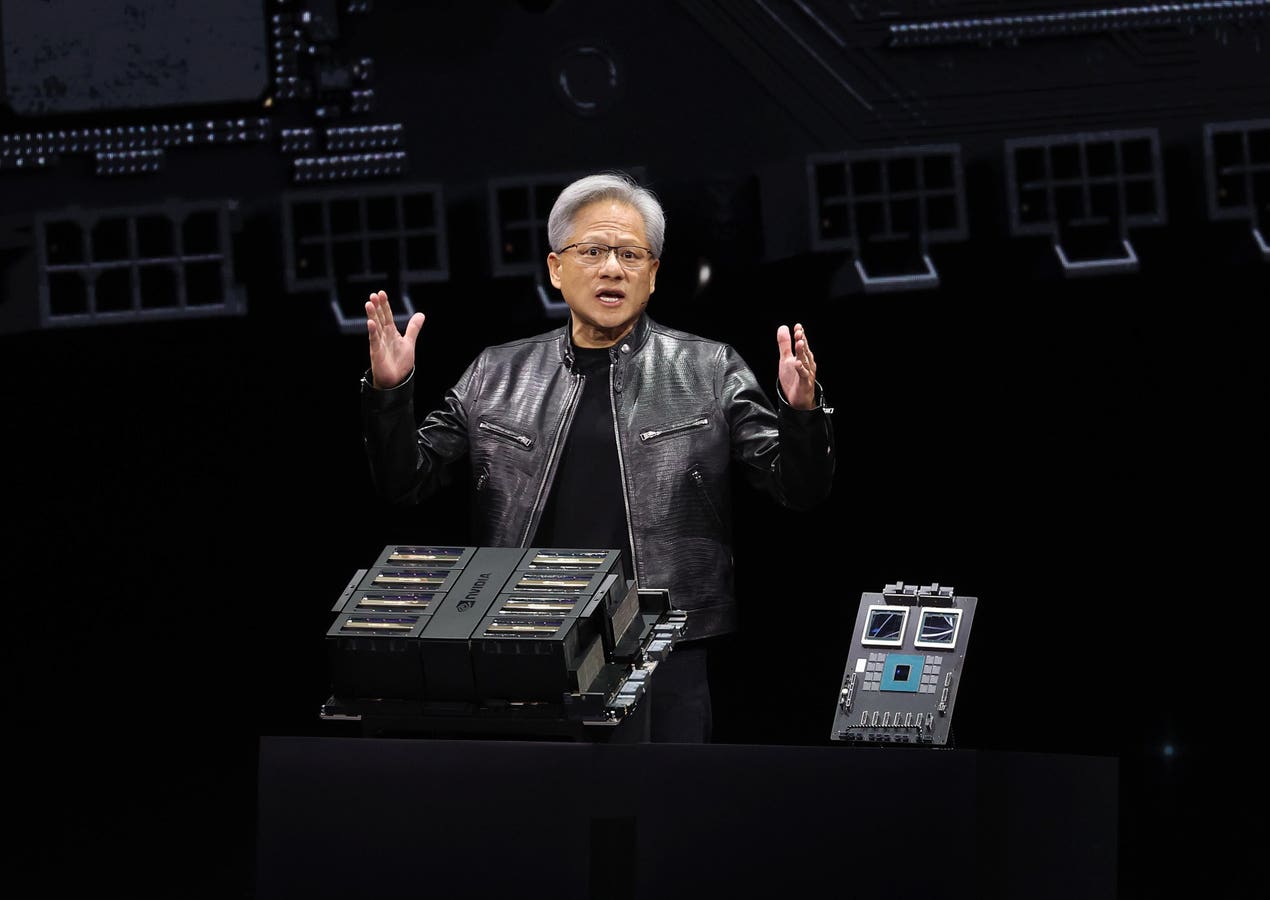Hank Green giving his graduation address
This year, the Keystone speaker at MIT‘s commencement ceremony was a YouTuber.
OK, that’s pretty reductive in covering this guy’s career. Hank Green has a big track record when it comes to technology. In addition to his YouTube channels, including SciShow and Crash Course, he cofounded a company called Complexly dealing in educational media, and runs podcasts, writes novels and promotes STEM learning, also delving into a wide variety of scientific questions and inspiring curiosity, which he did from the podium, too. Hank Green is the most known YouTuber for high school and middle school STEM students.
Your Skeleton, Folks
Curiously enough, Green started out with some bone facts – that skeletons have an average of 25,000 calories in them (that’s a lot of Big Macs), that 50% of our bones are in our hands and feet, and that there’s enough oxygen in a human skeleton to last someone in 24 hours, if we ended up breathing our own bones, which is indeed a very strange scenario.
Moving on…
Crowdsourcing the Commencement
Bones aside, much of the meat of Green’s speech centered on actual responses provided to him by large numbers of MIT graduates.
It turns out that he had circulated a survey among them asking several questions about the future.
One of these questions was: “what is the most MIT thing you did at MIT?”
Building the Future
Green revealed to his audience that the most common word in the responses was “built.”
“You built robots, and bridges, and incubators, and startups, and Geiger counters and a remote-controlled shopping cart and a ukelele and an eight-foot-wide periodic table,” he said. “Y’all built … a lot. And that is something I found reassuring. We are going to need to do a lot of building.”
Green talked about how that jibes with his experience in creating so many projects and always trying to learn new things.
“I’ve done TikTok dances to Elmo remixes, and I’ve also published two best-selling science fiction novels,” he said, also referencing his experience writing “fart listicles.” “I’ve interviewed presidents. I’ve made multiple videos about giraffe sex, and I’ve sold multiple companies. I helped build an educational media company that provides videos for free to everyone with an internet connection, and our content is used in most American schools.”
The Challenges of Today
Green was also frank about what MIT graduates are facing right now.
Some of the issues, he noted, are coming from “inside the house” – he mentioned “attacks on speech, on science, on higher education, on trans rights, on the federal workforce, on the rule of law…”
And then there’s the pace of AI acceleration, which naturally makes humans feel uncertain.
“I would want some advice,” he said.
With that in mind, he went over four pieces of advice that he had seen listed on the survey:
One was to open a Roth IRA.
Others were more ideological – such as don’t accept any one definition of success, strive for collaboration, and practice resilience, as in this maxim he produced from his response list:
“Even if it probably won’t work, try anyway.”
And then there’s this one:
“Start with the problem, not the solution.”
Celebrating Humans
Although he did reach out to a lot of people in preparing his commencement address. Green said he didn’t use Claude.
He noted that where he asked in the survey about what gives graduates hope, they mentioned people- family and friends, and the innate capabilities of the human mind.
“Do not forget how special and bizarre it is to get to live a human life,” he said, promoting experimentation and boldness, “consequences be damned.” “You decide how you orient.”
The Uncertain and Unchanging World
Green also went into more about what we encounter as humans when we try to orient ourselves in the best way. One force, he said, consists of “powerful mechanisms,” (he cited social media) that don’t always align with our own best interests.
And then there’s the strong capitalist imperative.
“The capitalist impulse is very good at keeping us oriented toward the problems that can be most easily monetized, and that means an over-weighting toward the problems that the most powerful and wealthy people are interested in solving,” he said.
I thought that was pretty astute.
Overall, Green exhorted graduating students to be attuned to the “everyday solvable problems of normal people.”
“I desperately hope that you remain curious about our world’s intensely diverse and massive problem space,” he said. “Solvable problems that are not being addressed because our world does not orient us toward them. If you can control your obsessions, you will not just be unstoppable, you will leave this world a much better place than you found it.”
Another of his pieces of advice was, again, related to exploring, and not waiting for perfection before starting out on the journey, something I think our students needed to hear.
“Ideas do not belong in your head,” he said. “They can’t help anyone in there. I sometimes see people become addicted to their good idea. They love it so much, they can’t bring themselves to expose it to the imperfection of reality. Stop waiting. Get the ideas out. You may fail, but while you fail, you will build new tools.”
In conclusion, Green summarized a lot of his exhortations, with a people-centered view:
“When I asked you what you did at MIT, you said you built, but when I asked you what was giving you hope, you did not say ‘buildings,’ you said ‘people.’ So, to the graduating Class of 2025, go forth, for yourself, for others, and for this beautiful, bizarre world.”
This was really an exceptional address and badly needed at this time. I thought it was wonderfully inspirational to our students. Let’s go forth and make this an MIT summer!








